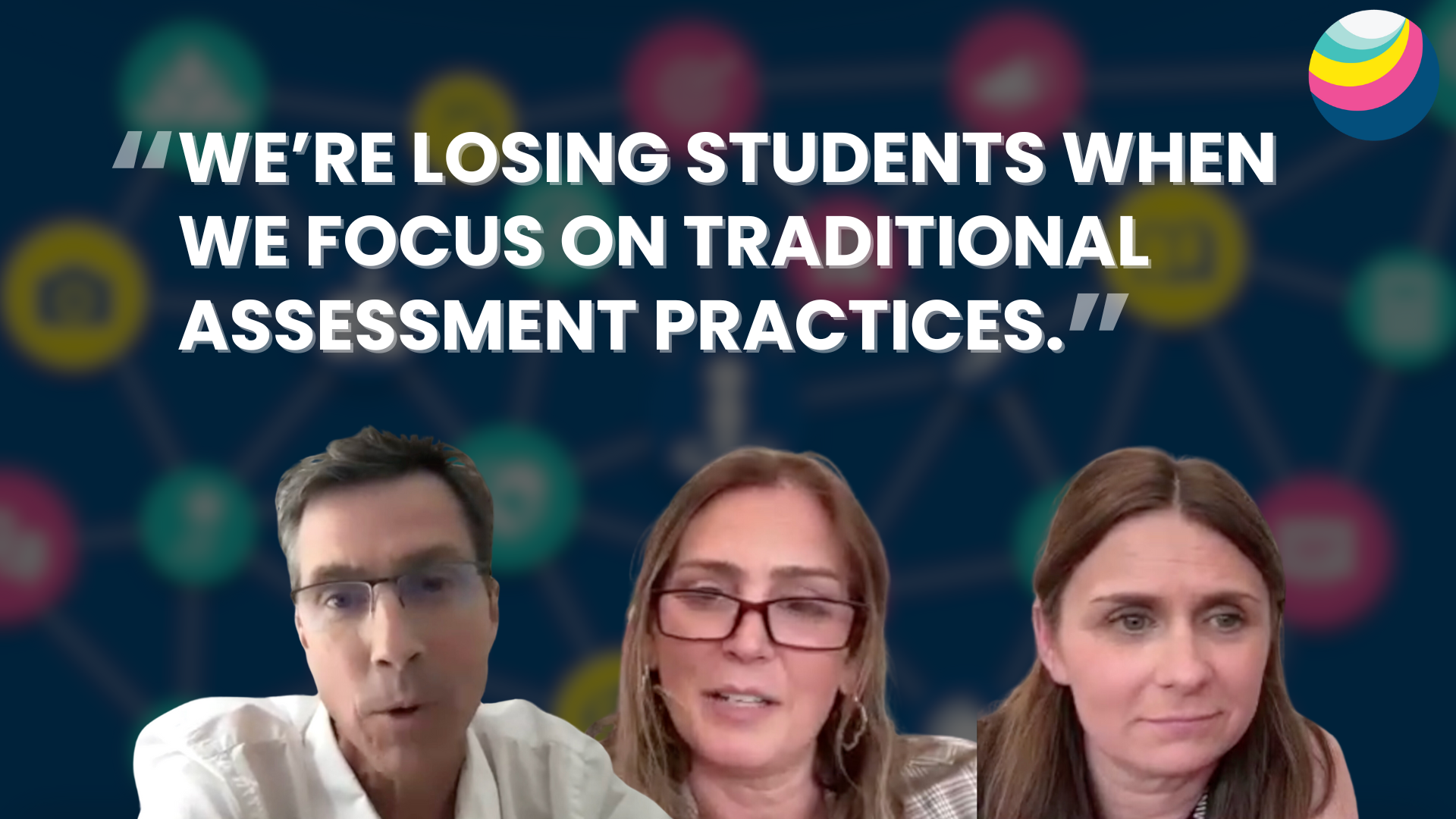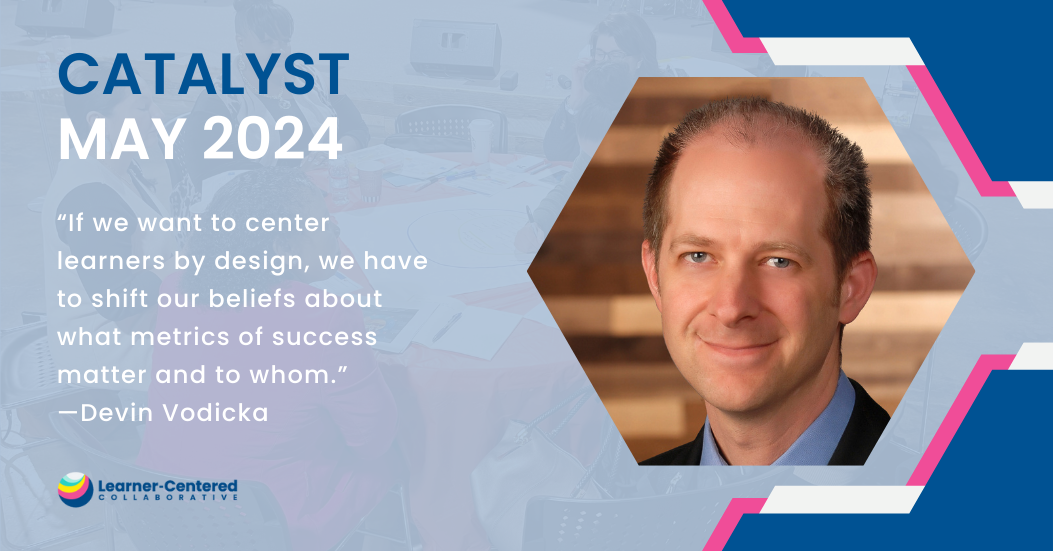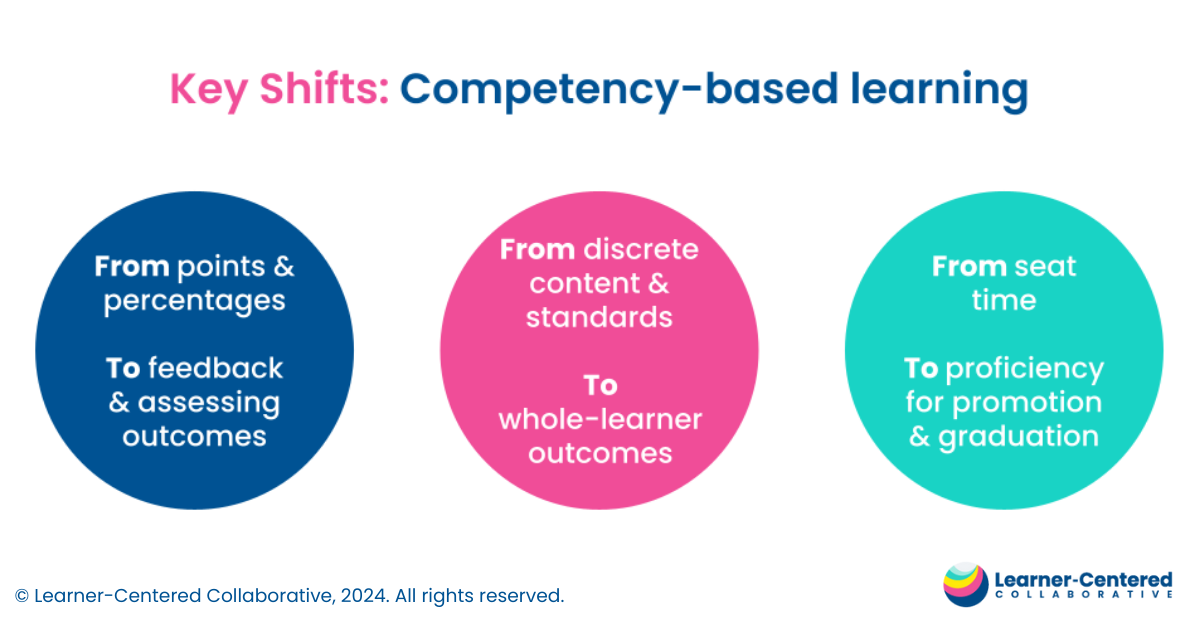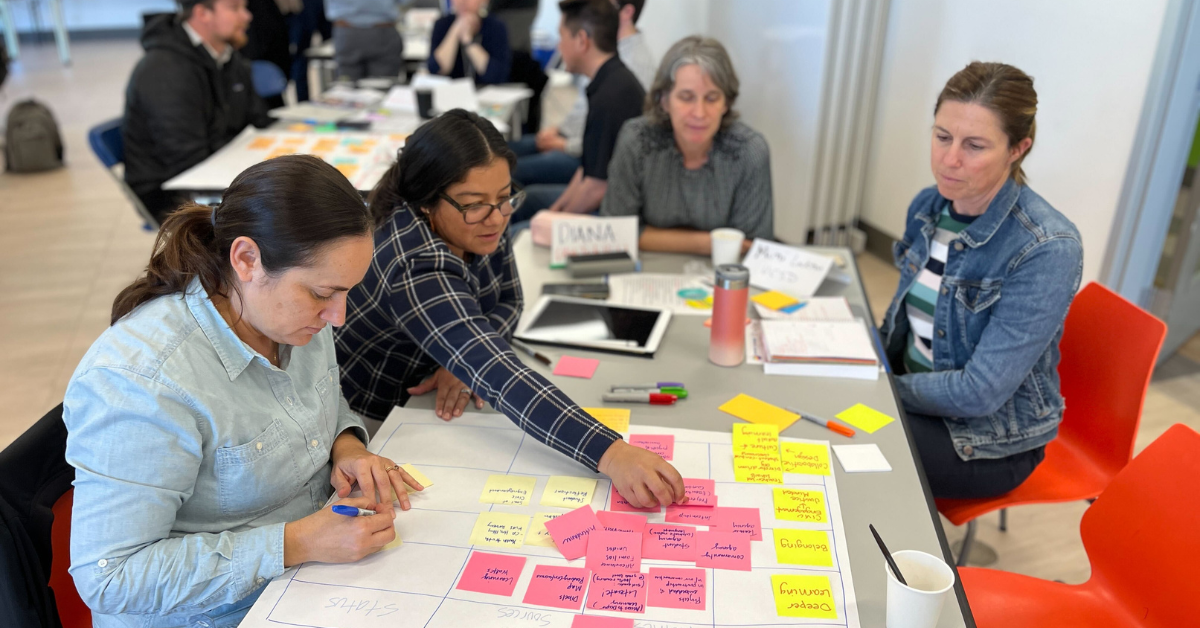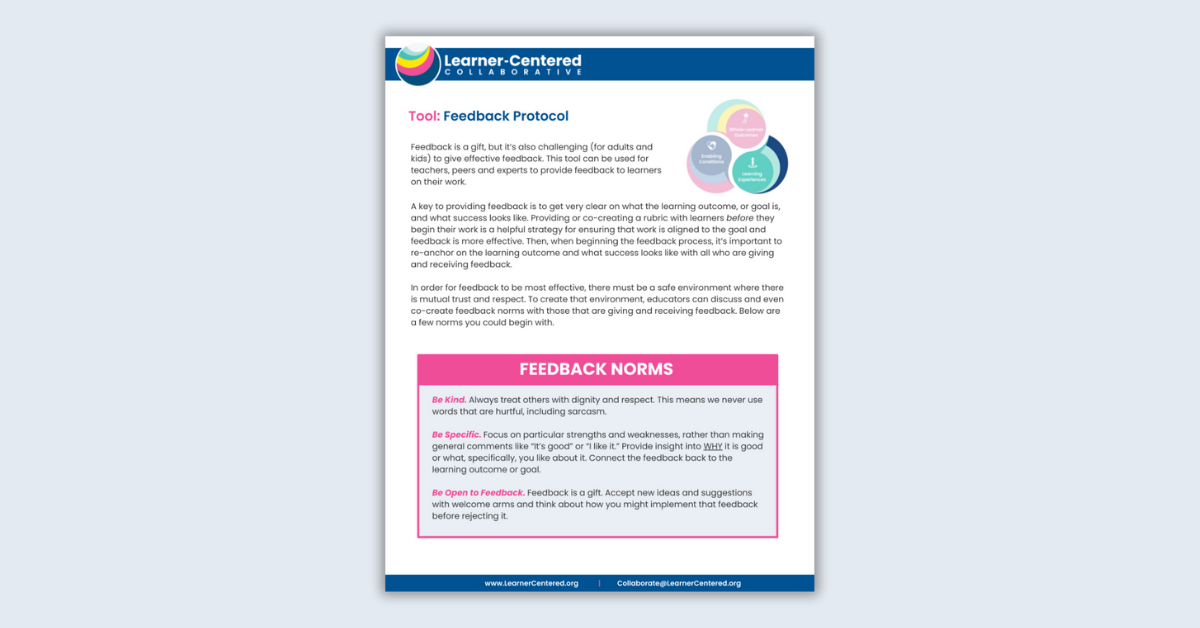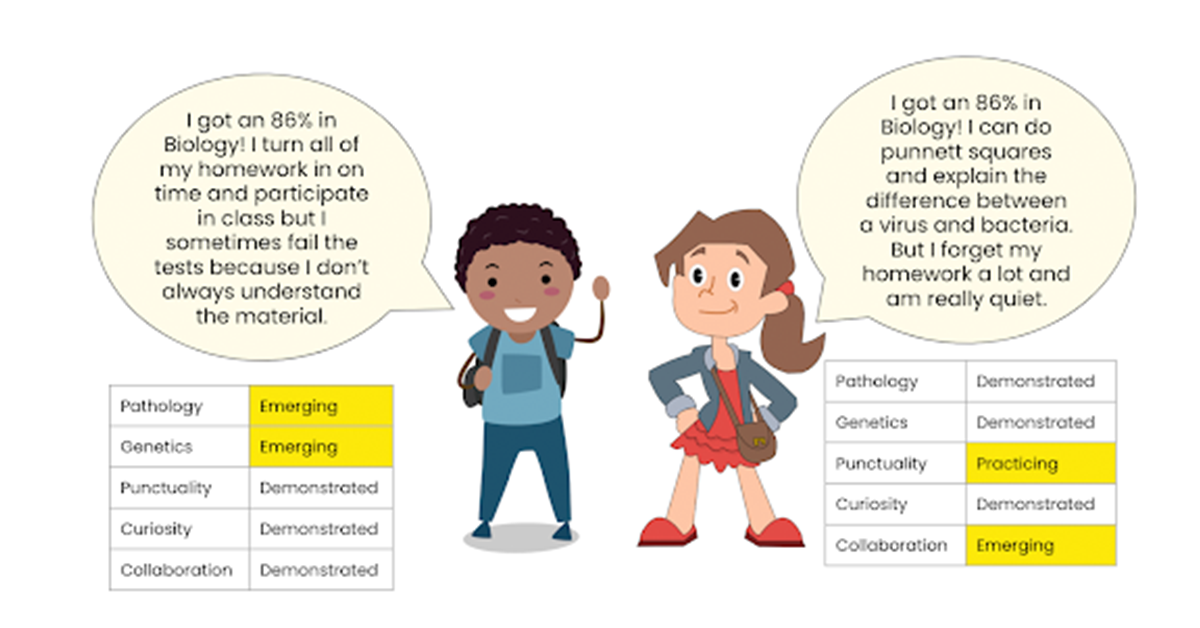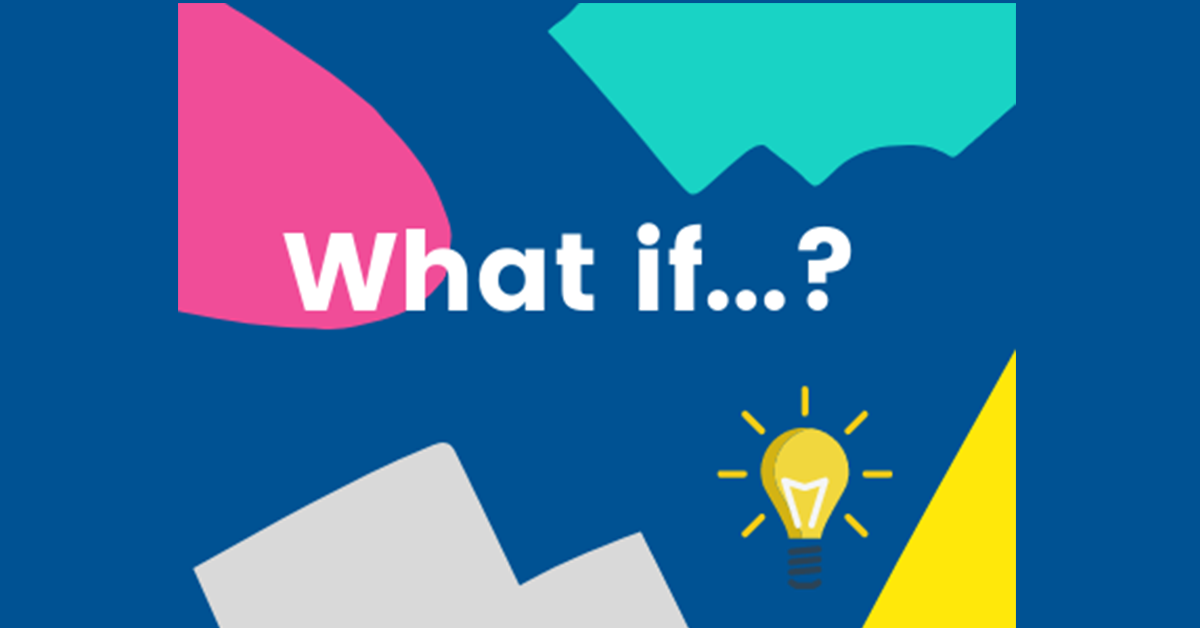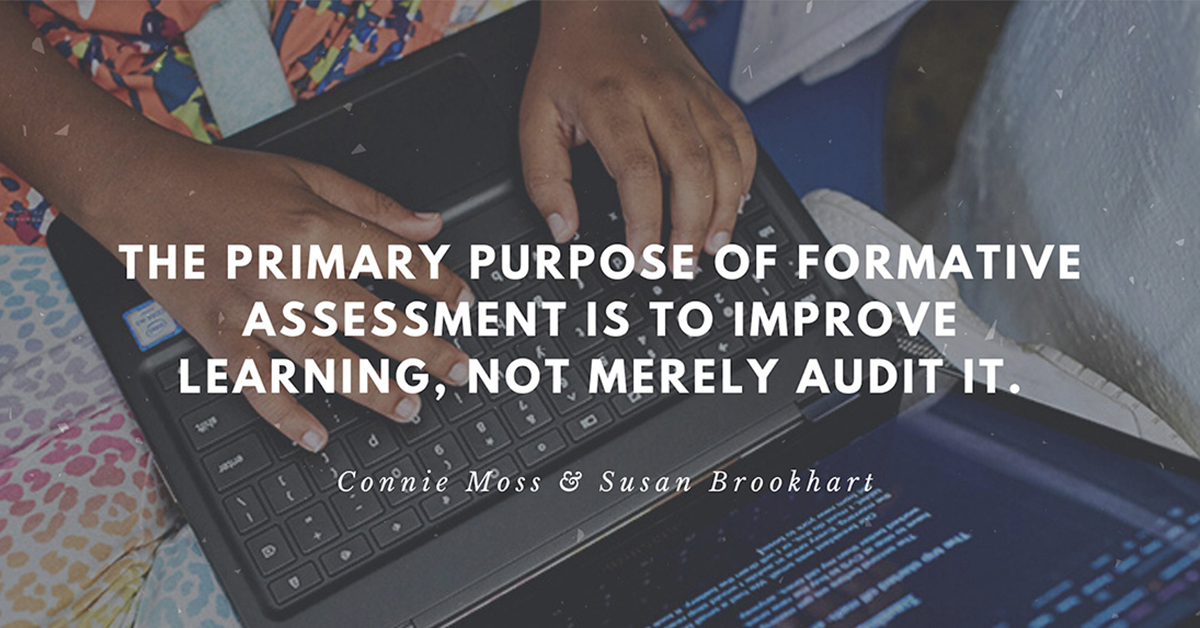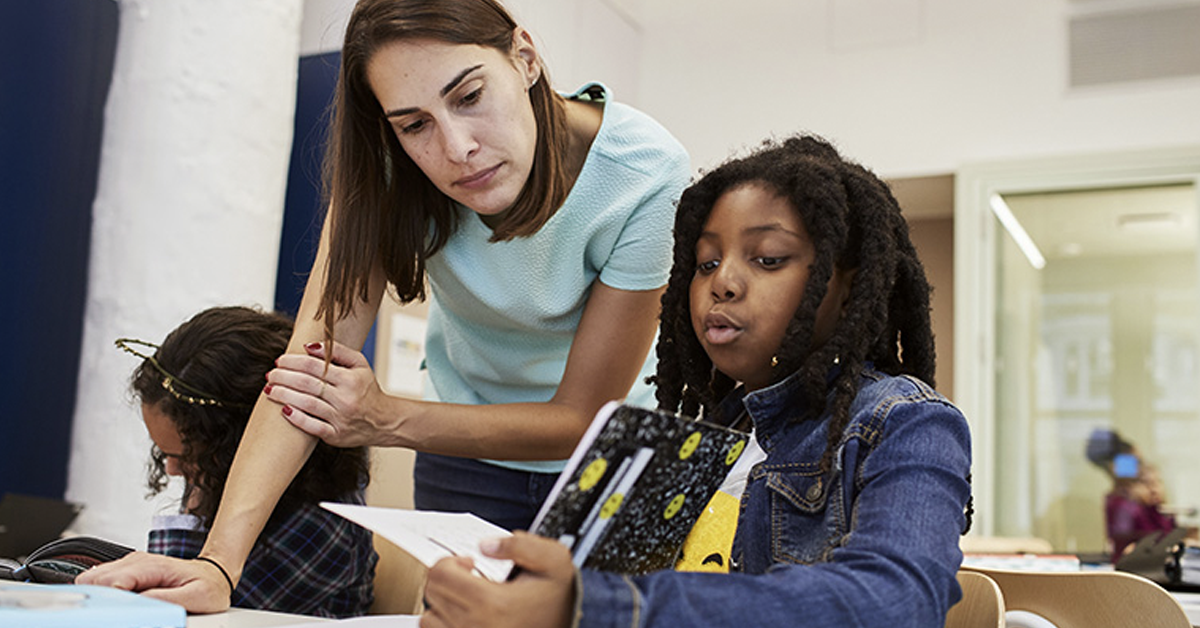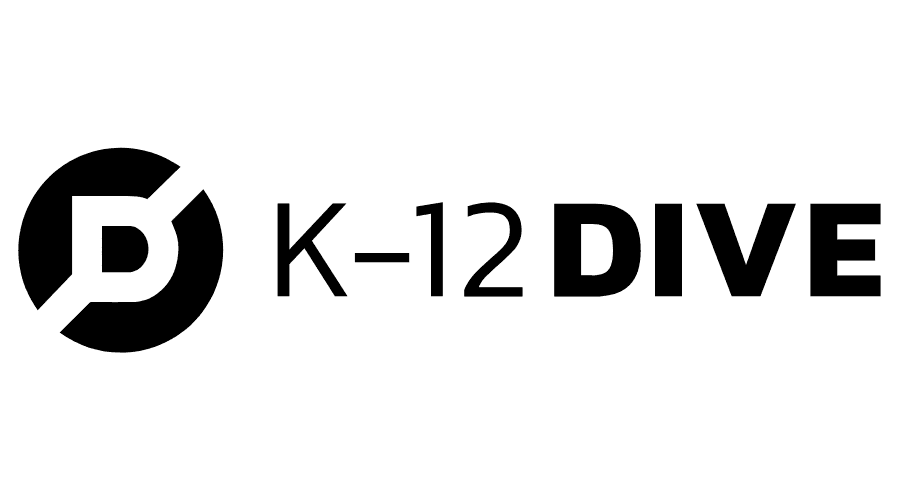In a learner-centered approach, Assessment becomes less about determining what a student doesn’t know or can’t do, but instead, the emphasis shifts to providing opportunities for students to show what they do know and can do. With this definition, we see a more equitable and asset-framed assessment system where all students are expected to and given the opportunity to demonstrate proficiency.
How effectively are students currently preparing for tests? Are their approaches working? Research suggests they aren’t. Why do we want learners to re-attempt summatives if they don’t demonstrate mastery the first time? We want them to learn.
If we let our high-stakes test that primarily measures content knowledge and basic skills drive what we do every day in school, we will narrow the curriculum. Instead, we need to allow for learners to engage in authentic tasks and apply skills in ways that matter to them and if we don’t, we will continue to see disengagement and students failing to reach their full potential.
Students should be central to the learner-centered assessment process, setting goals based on the course and or their current performance and taught to document and share evidence of their own personal goals related to academic mastery, growth, and habits.

